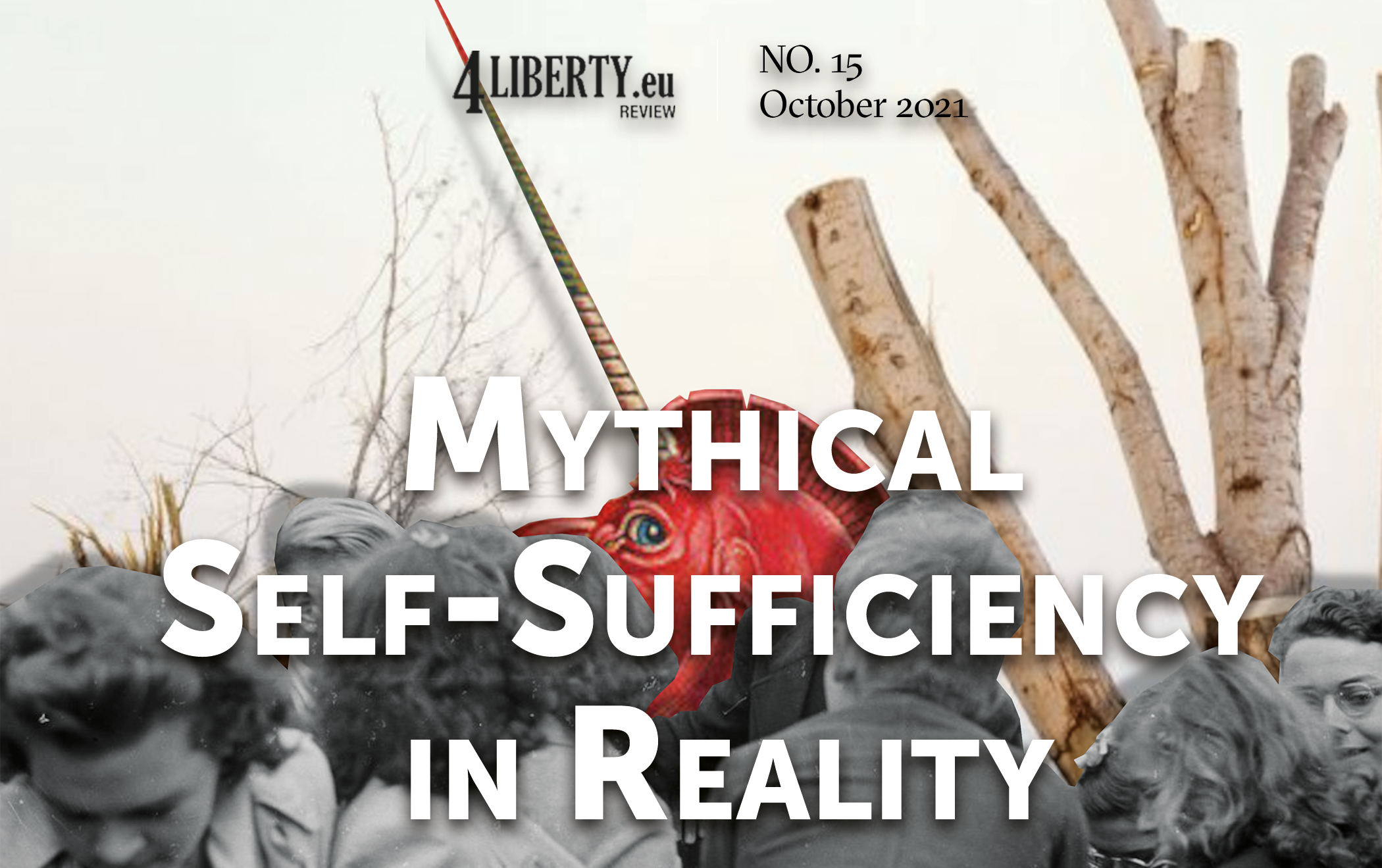
Throughout the last year and a half, the COVID-19 pandemic has revealed weaknesses in healthcare, education, digitalization, and data collection, just to name a few. The shortages of essential goods experienced by many countries during the pandemic has inspired some to turn inwards, choosing to promote some form of quasi-autarky to protect themselves.
The arms industry has often been viewed through an autarkic lens due to military power’s central role in realist security theory – military hardware is seen as imperative for survival. In the wake of the pandemic, however, the focus has been on healthcare equipment such as masks, medicine, vaccines, and ventilators.
Download full article:
Countries want to avoid relying on the big producers in this industry – the European Union, the United States, China, and India. This might seem an intelligent move in theory, but autarkic countries lose out on significant productive potential.
Most supporters of autarky today favor self-sufficiency in selected sectors – such as arms, energy, medical equipment – rather than full autarky. Although not as damaging as outright isolationism, autarky can still limit countries’ productive potential, harming their population in the long-term.
Current Experience
The Czech Supreme Audit Office examined the state’s response to the pandemic in 2020. Specifically, it focused on the purchase of personal protective equipment and medical devices. From January 1 to August 31, 2020, the Ministry of Health and the Ministry of the Interior paid 8.5 billion crowns (app. EUR 336 m) for this gear, including transport and other related services.
Due to shortages of medical and protection equipment experienced during the COVID-19 pandemic, some experts have suggested that states are overdependent on global supply chains for essential goods such as masks, medicine, vaccines, and ventilators.
An inspection showed that the Czech Ministry of Health underestimated the necessary preparation for a pandemic of new infectious diseases. The Ministry responded with delay to the lack of protective equipment in medical facilities. The purchase of protective equipment itself in the Czech Republic was accompanied by chaos due to the fact that there were independent purchasing teams at the Ministry of Health and the Ministry of the Interior that did not cooperate.
All this resulted in contractual conditions unfavorable for the state, significant differences in the prices of comparable protective equipment, shortcomings in their quality, and problems with transport from abroad.
The above-described argument appeals to protectionists and countries with a more belligerent foreign policy (e.g., China, Russia, and Turkey). Such states have a proclivity to flaunt the international rules-based system we have come to rely on, and require defense mechanisms in the form of autarky, should the international community unite against them, hindering their access to globally connected supply chains.
Countries such as the U.S., Germany, and Japan, on the other hand, thrive in and encourage specialization and international trade, and rely on the rules-based system mentioned. As such, these states are more likely to go the opposite direction, towards globalization and specialization. Doing so frees up these states’ workforce and resources, which can then be invested in something they excel at instead.
Near Future
The ongoing pandemic has highlighted that we must be better prepared for similar disruptions in the future – pandemics and natural disasters will become more common in the years to come. Some criticize the way trade is conducted today as a contributing factor to shortages of essential goods; however, the true issue lies in the lack of supply. Curbing imports in an effort to strengthen a state’s position will only cause more acute economic woes.





















